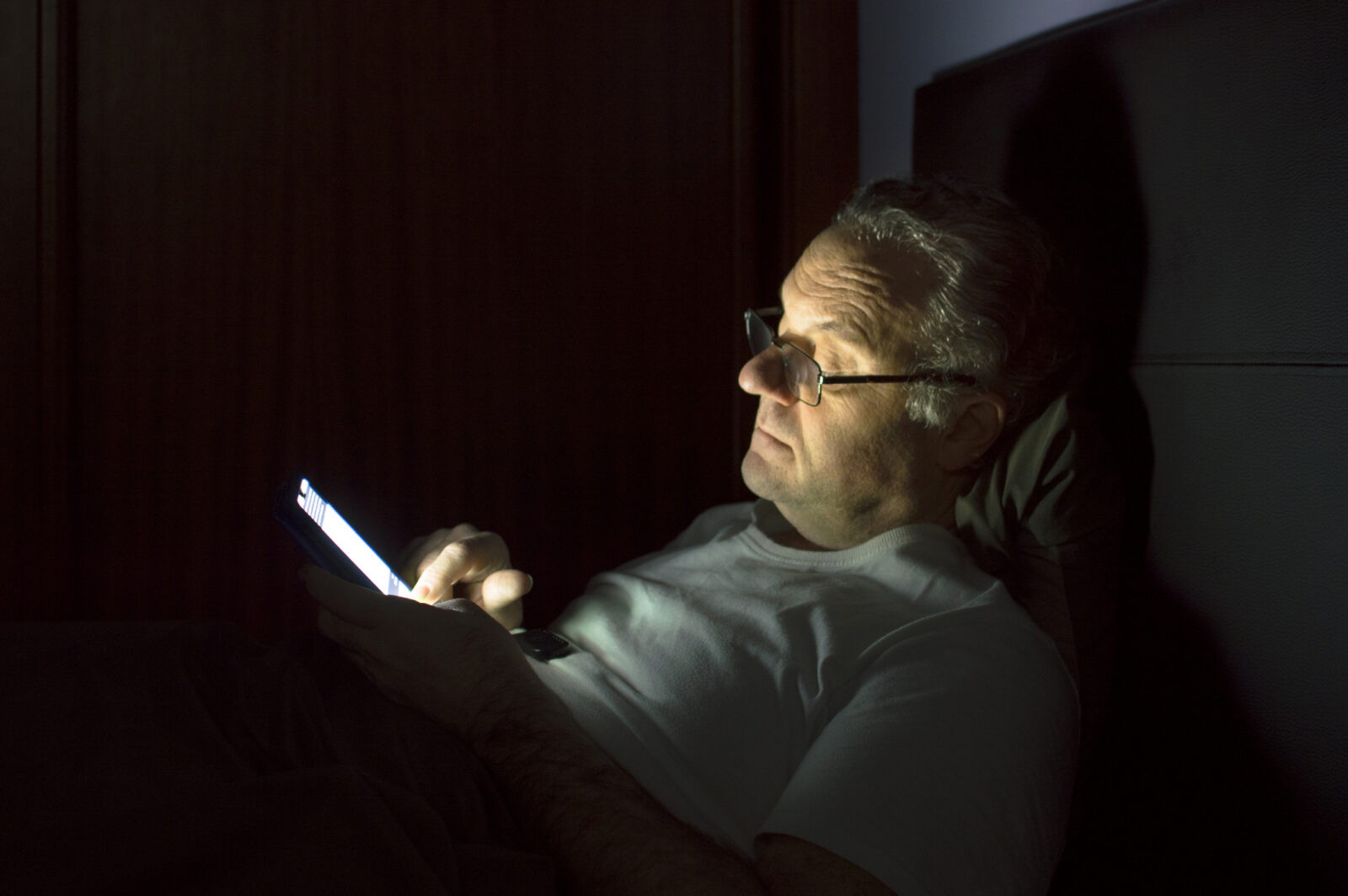
Getting a good night’s sleep each day is essential to maintaining one’s health. It’s as important as drinking, eating and breathing, and is vital for maintaining mental and physical health. Sleep allows our body and mind to recharge, and to wake up feeling refreshed and alert.
But if you find yourself tossing and turning in bed, but aren’t exactly sure why you may want to consider reevaluating your habits and stop doing these five things.
If you weren’t aware, we humans are built with a 24-hour cycle biological clock that lets us know when it’s time for us to sleep and when it’s time to wake up. Though our body can naturally produce circadian rhythms, environmental signals can also affect this cycle. For example, physical activity, social interactions, and most importantly exposure to light at different hours of the day can reset our body clock.
But sleep isn’t the only thing your circadian rhythm helps with, evidence links them to our metabolism and weight and can affect one’s regulation of blood sugar and cholesterol.
While exercising is one of the key things you can do to improve your overall health and can help you get a good night’s sleep, a strenuous exercise performed later in the day can artificially raise your body temperature making it harder to fall asleep.
Speaking to CNN Dr Bhanuprakash Kolla, a sleep psychiatrist and neurologist in the Center for Sleep Medicine and the Division of Addiction Medicine at the Mayo Clinic in Rochester, Minnesota says if you do choose to work out later in the day to opt for resistance exercises or weight training.
“…when you do weight training, those microscopic tears in the tissue that forces the muscle to adapt are sending a stronger signal to the brain to put the person in a deeper state of restoration at night,” she said.

As previously mentioned, lighting can affect your natural body clocks, so staying up at night with exposure to full artificial lighting or blue light that’s being emitted from our screens during the evening can trick our body into thinking it’s still time to stay awake.
Avoiding the use of any electronic devices at least two hours prior to bedtime is a quick and effective way of improving your sleep.
Instead of staying up checking social media or emails, consider setting yourself up with a pre-sleep routine to signal your body that you’re preparing it for bed.
According to Dr Carl Rosenberg from Sleep Health Solutions, there are different types of food you should be cutting out of your nighttime routine, suggesting avoiding dishes with too much sugar or spice.
Dr Rosenberg says overly sugary snacks cause your blood sugar to increase which later results in a sugar crash, while spicy dishes may lead to heartburn. Not only that, but because your body naturally lowers its temperature to facilitate sleep, consuming hot food counteracts your body temperature response, causing you to feel hot and making your lie awake for longer.
Another key factor that may cause you unrest is our daily worries that creep into your mind at night. There’s no doubt about it, modern life is tough- with an ongoing war, a pandemic, and economic inflation this can be a major source of worry for many people.
Luckily, there are a number of ways to implement better ways to deal with your intrusive thoughts. Natalie Dattilo, PhD, a clinical health psychologist in Boston and professor of psychiatry at Harvard Medical School says it’s actually possible for us to “re-train” our brains.
“While the brain may offer numerous or near-constant ‘thought suggestions,’ it’s ultimately up to us to decide if we accept them,” she tells Forbes.
Dr Dattilo recommends journaling or meditating as a way to put your thoughts on the back burner, allowing you to focus on your body. Otherwise, getting some fresh air can also do wonders. Studies have shown that even taking a 90-minute walk can lower one’s inclination towards rumination.

If you find yourself struggling with sleep more than once a week or once a month then you may want to consider discussing your sleep habits with your GP. If you have any concerns about your sleep quality or the amount of sleep you’re getting, it’s important to share those concerns with your doctor too.
IMPORTANT LEGAL INFO This article is of a general nature and FYI only, because it doesn’t take into account your personal health requirements or existing medical conditions. That means it’s not personalised health advice and shouldn’t be relied upon as if it is. Before making a health-related decision, you should work out if the info is appropriate for your situation and get professional medical advice.